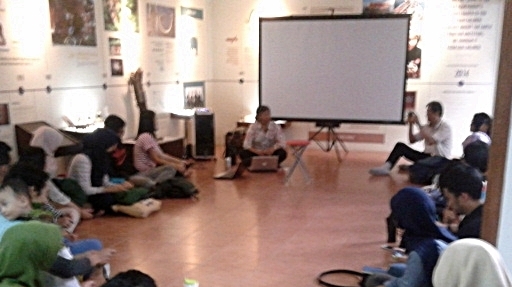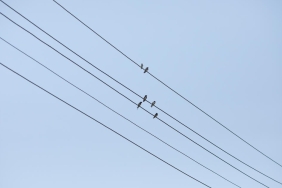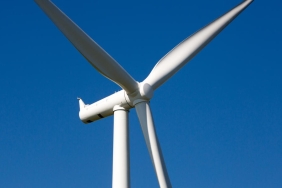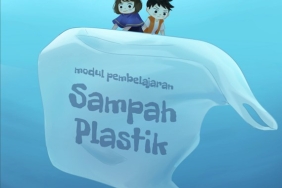CONSERVATION DISCUSSION: EMISSIONS MAKE YOU EMOTIONAL!
Climate change is one of the biggest challenges facing life on Earth. It affects ecosystems around the world. However, we must not remain silent about this global problem. With the cooperation of all parties, the danger can be avoided.
In response to the hotly discussed climate change phenomenon, WWF-Indonesia organized a Conservation Discussion (DisKo) with the theme "Emissions Make You Emotional?". The activity was conducted online on October 23, 2020. This DisKo presented two expert speakers, namely WWF-Indonesia Energy Specialist Indra Sari Wardhani and Mutia as Executive Director of the Enter Nusantara organization. Both shared information and stories of the organization's struggle in combating energy issues in Indonesia.
Indrasari opened her presentation with a technical explanation of the Greenhouse Effect. This environmental problem occurs when the sun's heat that travels to Earth cannot be absorbed optimally so that it is reflected back and stays in the air. This causes the polar ice caps to melt, causing sea levels to rise. As a result, animals will slowly lose their habitats, while humans can become victims of the heat waves that have occurred in recent years. In Indonesia alone, the National Disaster Management Agency (NDB) recorded 2,059 natural disasters throughout 2020. A number of disasters that occurred due to extreme weather include floods, tornadoes and landslides.
One of the triggers of climate change is the policy of choosing energy sources to produce electricity used to support daily human life. Electricity can be produced from renewable energy sources -for example, sunlight and wind- and non-renewable, such as oil, gas, coal. The utilization of non-renewable energy sources to generate electricity can lead to carbon emissions, which in turn causes global warming. Therefore, a commitment from the government is needed to set energy policy targets in Indonesia.
After the explanation of energy and climate by Indrasari, it was Mutia's turn to explain the role that youth can play for change. Based on a survey from Yayasan Cerah and Change.Org, young people actually understand the urgency of climate change. So, the potential to start a positive movement from the current generation is very possible.
According to Mutia, the first step that young people need to do to move to reduce emissions is to look for information on various channels. Once they have the materials they need, it is better for them to speak out or take action. Even the smallest action means a lot for the changes on Earth. "Finally, don't forget to spread the knowledge and actions taken. In closing, Panca as the moderator who also represented Earth Hour Balikpapan concluded that the emissions produced by humans are too alarming for the sustainability of the Earth. Therefore, young people are expected to encourage the government as a policy maker to utilize renewable energy sources. By promoting renewable energy movement, our Earth will be more livable for all living beings.





